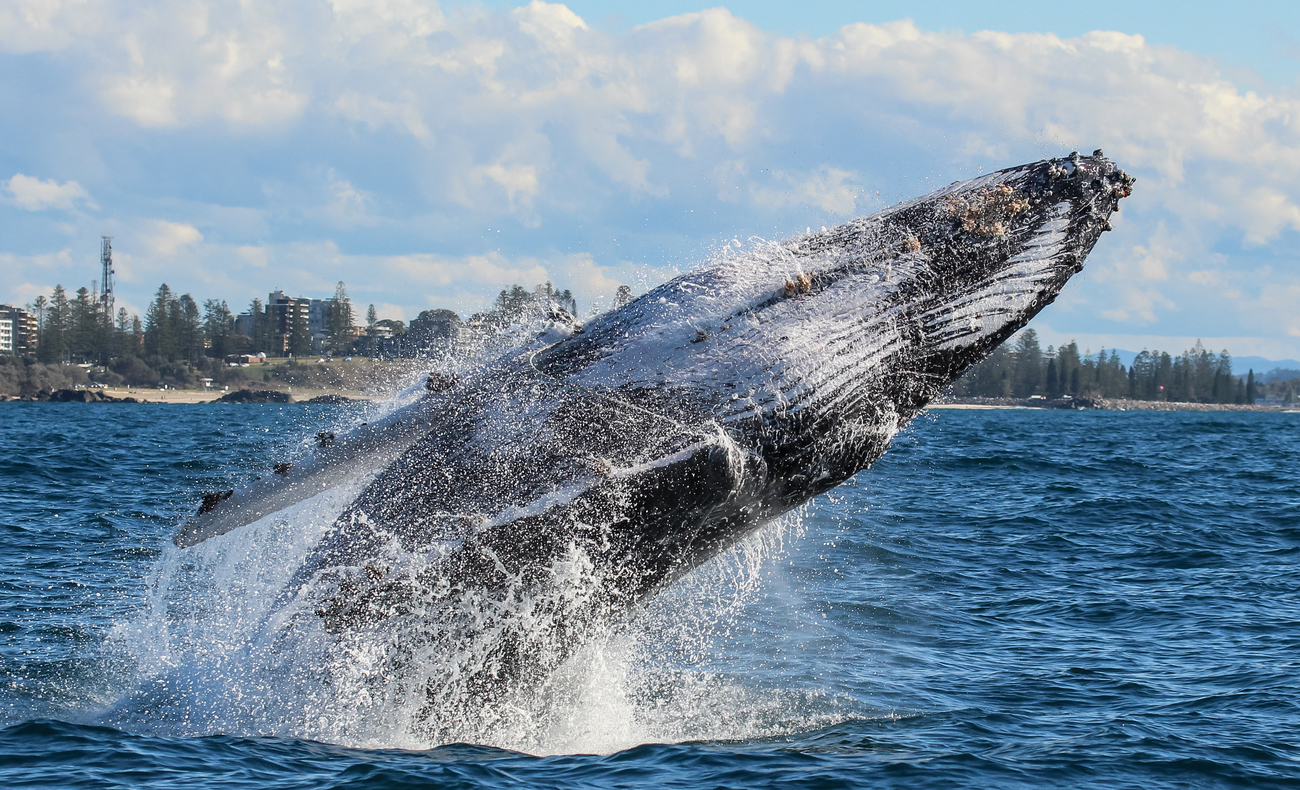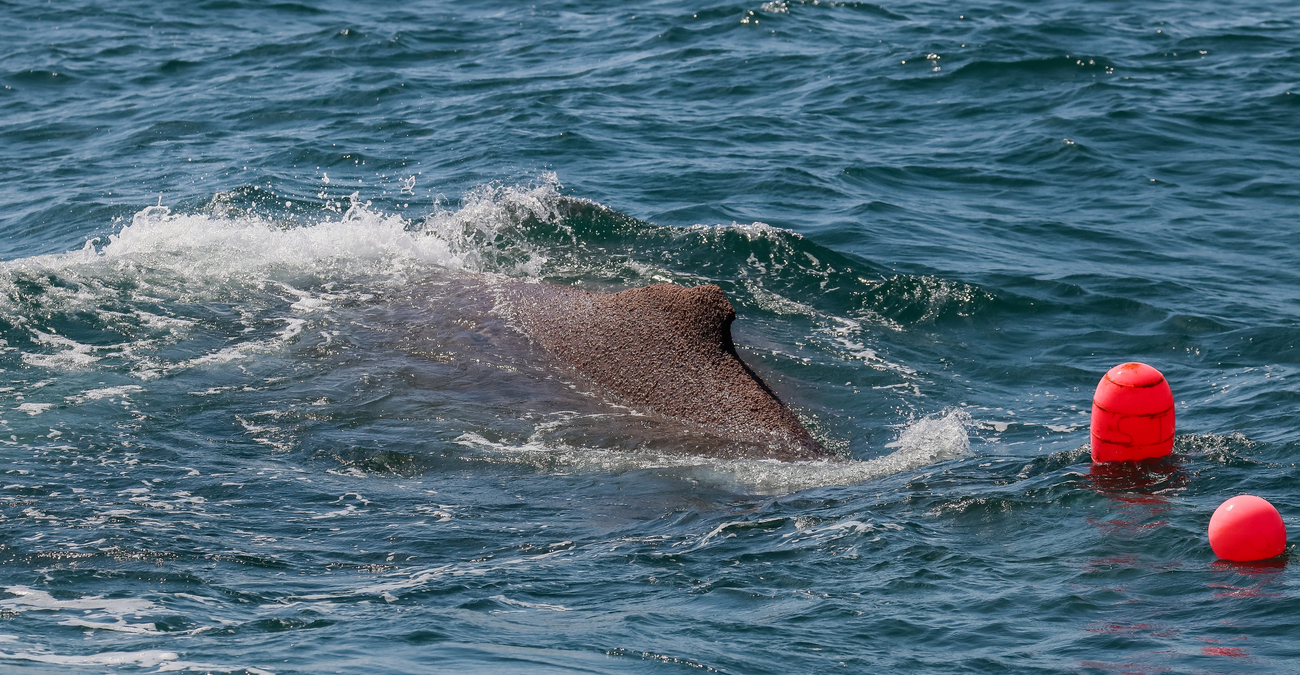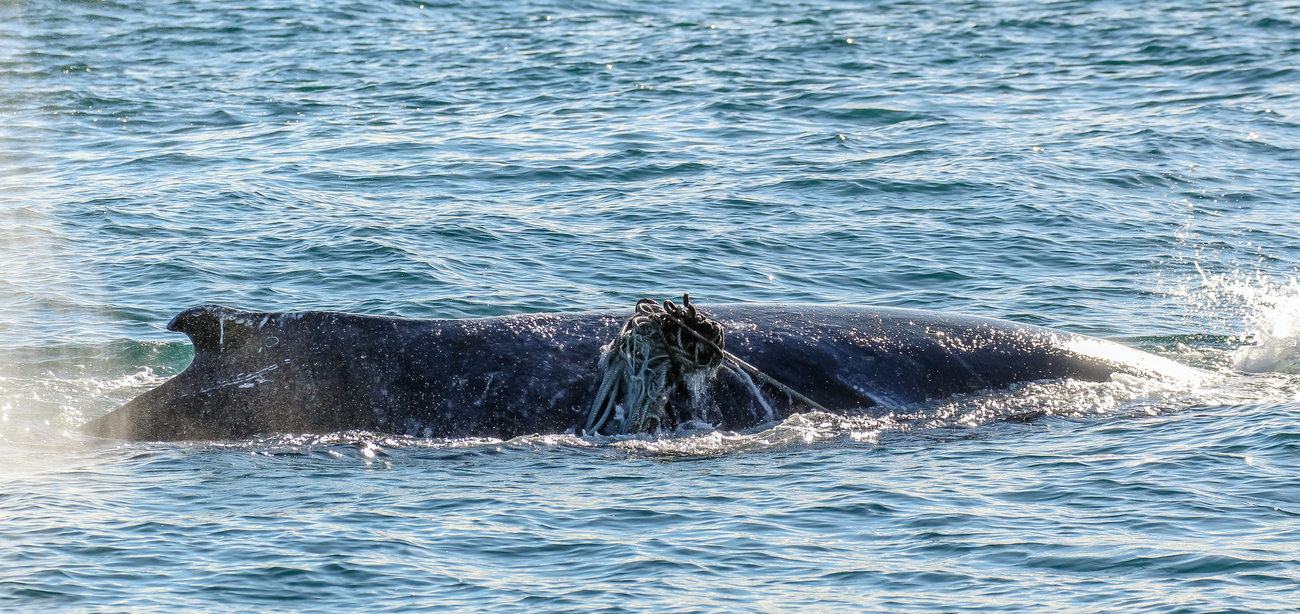whale entanglements in Australia: how you can help
whale entanglements in Australia: how you can help

In 2020, during the months of June to November, around 40,000 humpback whales are expected to complete the annual migration along the east coast of Australia.
The media is often peppered with stories of entanglements where the whales find themselves caught up in shark nets, fish traps and other rope or fishing debris discarded by fisherman. The ropes often wrap around the animal’s tail or fins, causing them to become stuck and, in some instances, may cause the whale to flip over and drown. Other instances of entanglements have seen whales swim for miles with rope or nets attached, and, should they not be able to free themselves, this can eventually lead to the whale becoming exhausted and unable to survive. Between May and September 2019 there were 43 reported whale entanglements off the NSW coast and only a handful of successful rescues.
In 2017, a humpback whale which died on a NSW mid-north coast beach had dragged a fishing trap and ropes more than 1,700 kilometers before it met its end. Also, in 2017, eight humpbacks were caught in shark nets along the Queensland coast. In 2019, a tired and distressed humpback calf swimming south alongside its mother became entangled in a shark mesh panel from Queensland’s shark control program. It dragged the net for hundreds of kilometers before being cut free by rescuers.
This is an issue that is not going away and it is incredibly important for the public to be aware of what they can do to help should they find an entangled whale or other large marine life.

What should you do if you find an entangled whale?
While the temptation to enter waters to help free whales may be overwhelming, it is vitally important to call rescue organisations, such as National Parks and Wildlife Service who are trained and have the necessary experience to help entangled marine life. Volunteer organisations such as ORRCA provide critical support to the disentanglement teams by mobilising observers to headlands and beaches to keep eyes on the whale and ensure the whale remains insight while the rescue teams mobilise. Even though they are very large, losing sight of entangled whales is the most common reason disentanglement success isn’t higher.
It can be deadly to attempt to remove ropes and netting from these giant mammals, especially in times of distress, and when they may have a calf nearby. There is risk of drowning or accidently being hurt by the whale, which will then lead to further issues and could delay the whale receiving the critical help it needs.
The best course of action is to contact ORRCA or NPWS, take photos of the situation, keep eyes on the whale, the direction it’s travelling and speed it travelling at and the note the GPS location.
What can you do to help?
Supporting organisations such as ORRCA allow trained and experienced wildlife rescuers to attend to any marine mammal incident and provide necessary treatment or care.
You can also sign any available petitions to encourage fishing bodies to alter their techniques to be more whale-friendly, such as ropeless systems taking buoys out of the situation, and to remove shark nets during the whole migration season.

Is this just an Australian issue?
Whale entanglements sadly happen all over the world. Recently, a video of a sperm whale being entangled in a fishing net off Italy’s west coast circulated on social media and, since the start of the year, the Italian coast guard has sequestered illegal fishing nets totaling more than a 100 km in length.
In North America the Northern Right Whale is also on the brink of extinction, with only 400 left in the world, and they are dying at an alarming rate from ship strikes and entanglement in lobster and fishing gear.
Through education, advocacy and grassroots campaigning, IFAW is pushing for the US and Canadian governments and other stakeholders to take action to protect right whales and preserve their habitat. We’ve succeeded in securing and maintaining reasonable ship speed limits in critical areas and worked with mariners to increase their awareness of whales in shipping lanes. Now, we’re working to provide focused government and private funding to develop alternative fishing gear to reduce the threat of deadly entanglements while maintaining sustainable fisheries, which could potentially be adapted to work towards helping reduce the number of whale and marine life deaths in Australian waters.
Related content
Blog
Whale Day in Iceland: my experience celebrating with Meet Us Don’t Eat Us campaigners
Read moreExpert opinions
we asked whale expert Sigursteinn Másson about the Iceland whaling industry—here's what he revealed
Read moreBlog
ifaw-led research confirms North Atlantic right whale mortalities driven overwhelmingly by man-made causes
Read moreEvery problem has a solution, every solution needs support.
The problems we face are urgent, complicated, and resistant to change. Real solutions demand creativity, hard work and involvement from people like you.